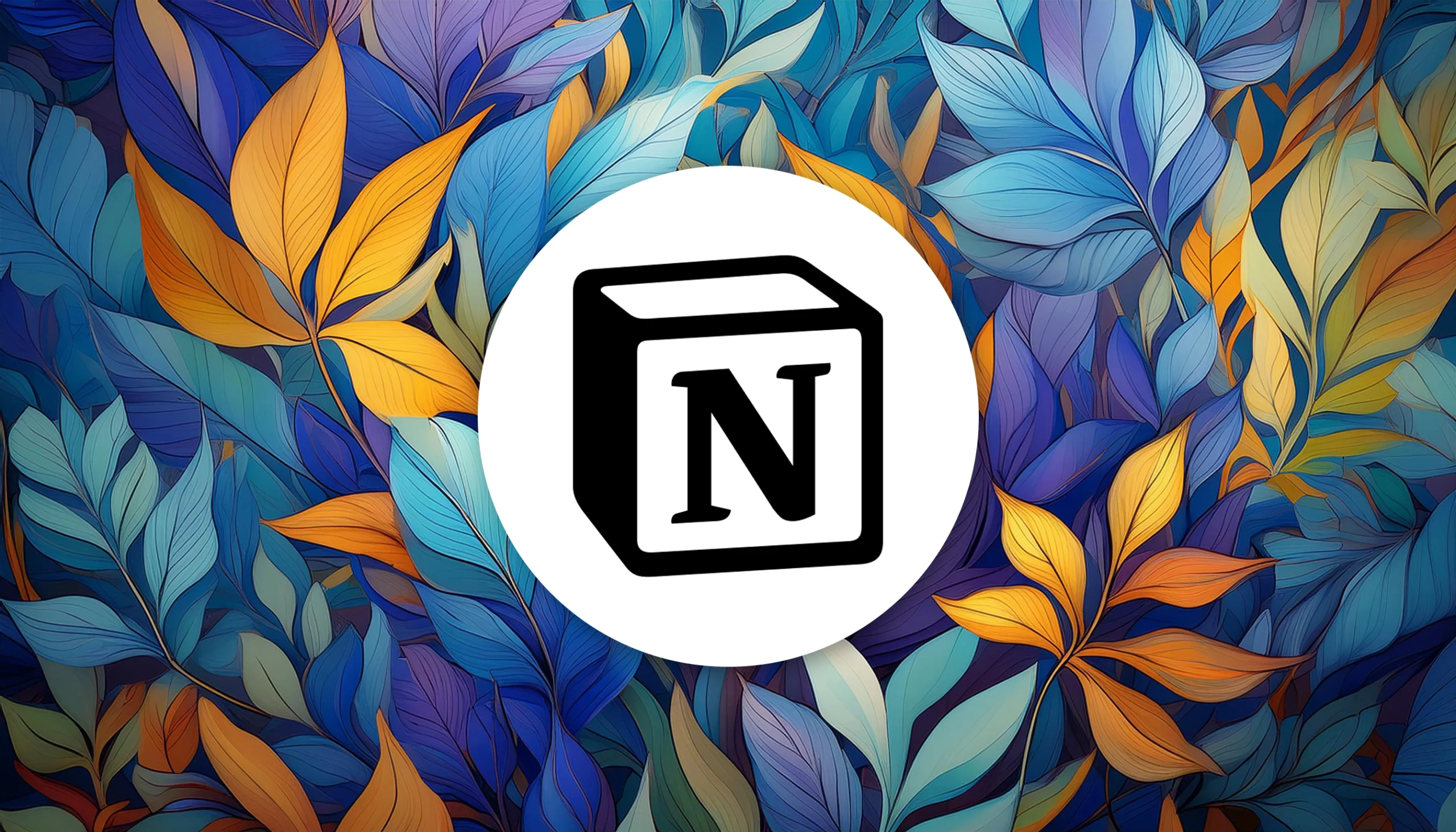Your cart is currently empty!
Machine Learning (ML) is a subset of Artificial Intelligence (AI) that focuses on the development of algorithms that enable computers to learn from and make predictions or decisions based on data.
Instead of being programmed to perform a task, a machine learning model uses patterns and inference to improve its own performance over time. This dynamic approach allows computers to carry out tasks that, until recently, were thought to require human cognition.
Examples of Machine Learning
Alright, so computers can do cool stuff with machine learning. What exactly? Here are a few real-world examples of ML in action:
Recommendation Systems
Recommendation engines on platforms like Netflix or Amazon use ML to tailor suggestions to individual user preferences.
Impact: This customization enhances the user experience, making it more likely for users to engage and make purchases, thereby increasing revenue for businesses.
Virtual Personal Assistants
Personal assistants like Siri and Alexa utilize ML to understand and respond to user queries.
Impact: By offering personalized responses and facilitating hands-free device usage, these assistants become an integral part of users’ daily routines.
Fraud Detection
Financial platforms employ ML to spot anomalies in transaction data, potentially pointing to fraudulent activities.
Impact: This preemptive security measure reduces financial losses for businesses and customers, fostering trust in digital financial transactions.
Autonomous Vehicles
Self-driving vehicles use ML to process environmental data and make driving decisions.
Impact: As these technologies improve, we can anticipate fewer road accidents, reduced traffic congestion, and a transformative shift in how we view transportation. Unless you really hate cars, then we can’t help you.
Popular Tools for Machine Learning
Fair warning: most of these are programming languages. ML isn’t for the faint of heart.
- Python: A versatile programming language favored for its simplicity and vast libraries, including TensorFlow and Scikit-learn.
- R: A language built specifically for statistical analysis and visualizing data.
- TensorFlow: An open-source library developed by Google Brain, TensorFlow is used for research in machine learning and production.
- Jupyter: An open-source tool that allows for interactive computing, especially for data cleaning and visualization.
- Keras: An open-source software library that facilitates the creation of neural networks.
In this rapidly evolving field, new tools are continually emerging. Regularly review the latest advancements to stay updated.
How to Learn ML
Starting off in machine learning can be intriguing and challenging. Given the vast nature of the subject, it’s important to approach it systematically. Here are some ways to get started:
Understanding the Basics
- Mathematical Foundations: Start by brushing up on linear algebra, probability, and statistics. These areas form the backbone of many ML algorithms. Sites like Khan Academy have math courses available for free.
- Programming Skills: Familiarize yourself with Python or R, the primary languages used in ML. Libraries like TensorFlow, PyTorch, and scikit-learn will be beneficial.
Online Courses and Tutorials
Many online platforms offer courses, both free and paid, catering to all skill levels:
- Coursera: Features full courses by a variety of credible organizations and instructors.
- Udacity: Offers courses and even a “Nanodegree” in machine learning.
- edX: Provides courses from institutions like MIT and Harvard on ML.
- Kaggle: Beyond just competitions, Kaggle offers hands-on learning.
Specialized Books
Books offer deep dives into specific topics:
- Pattern Recognition and Machine Learning by Christopher M. Bishop
- Deep Learning by Ian Goodfellow, Yoshua Bengio, and Aaron Courville
- Hands-On Machine Learning with Scikit-Learn, Keras, and TensorFlow by Aurélien Géron
Practical Projects
Theory is vital, but practical application cements learning:
- Datasets: Start with datasets from places like UCI Machine Learning Repository or Kaggle. Analyze and build models on them.
- Real-world Projects: As you advance, work on projects that solve real-world problems. It could be anything from a recommendation system for a website to an image recognition tool.
Workshops and Bootcamps
Participating in workshops or boot camps can accelerate learning:
- Local Meetups: Platforms like Meetup.com often have groups dedicated to ML where professionals and hobbyists share knowledge.
- Bootcamps: Institutions like General Assembly or Springboard offer intensive bootcamp-style courses on machine learning.
Stay Updated
Machine learning is a rapidly evolving field:
- Conferences: Events like NeurIPS, ICML, or MLDS can offer insights into the latest research and applications.
- Blogs and Forums: Websites such as Towards Data Science, the Machine Learning subreddit, or ArXiv for research papers are great resources.
Bottom Line
Machine learning is reshaping many industries, driving efficiencies, and offering new capabilities that were once thought impossible. Whether you’re exploring machine learning out of curiosity, for career advancement, or to address specific challenges, understanding the core concepts, tools, and methodologies is highly beneficial. ?
Topics






